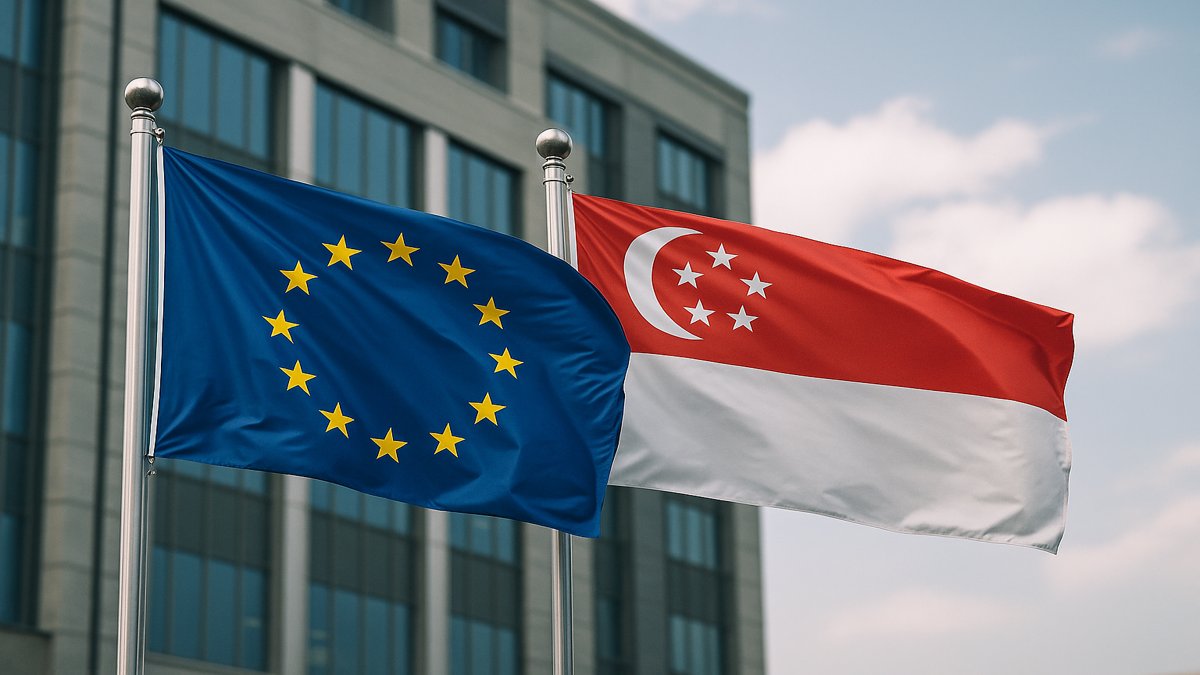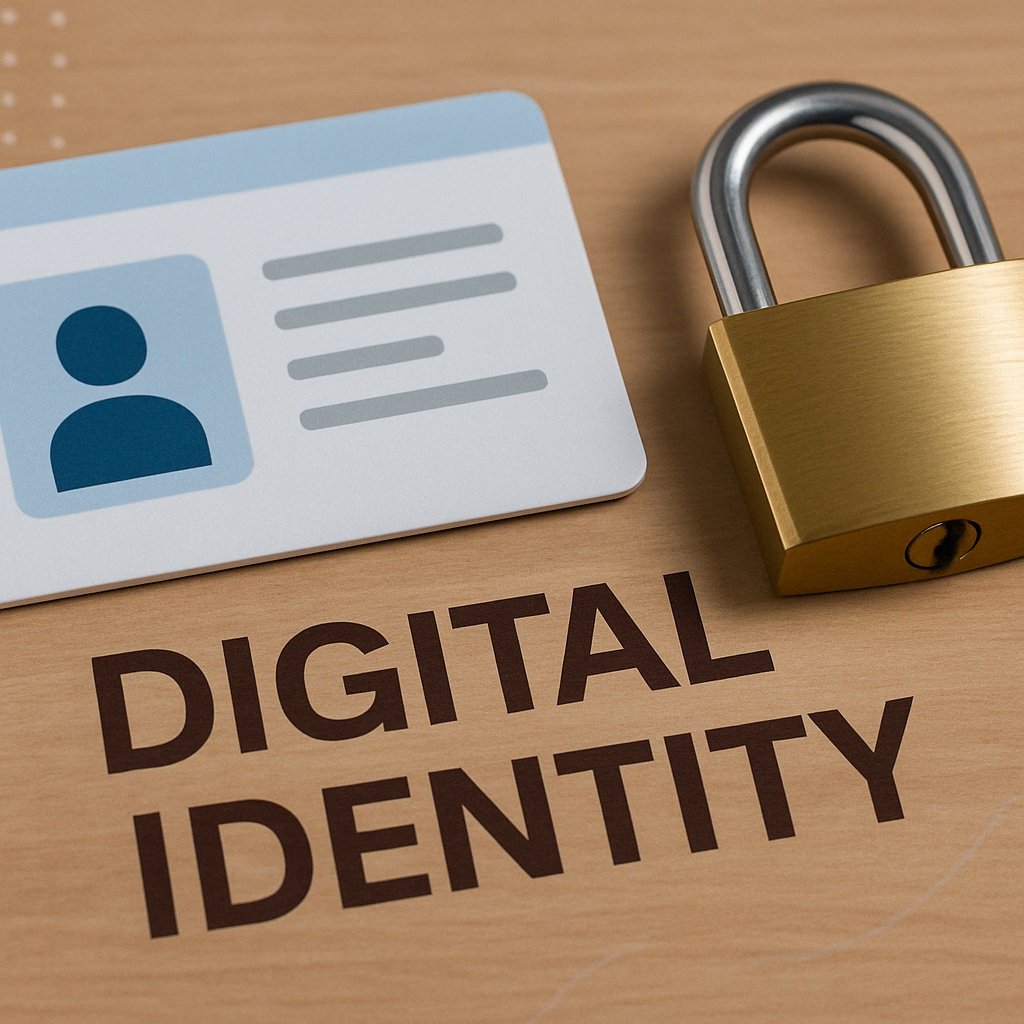Privacy Protection
-
Australian Human Rights Commission Discovers Data Breach Exposing Sensitive Information
The Australian Human Rights Commission has revealed a data breach exposing hundreds of sensitive documents online, prompting concerns over privacy and security for affected individuals. Affected parties will receive personal notifications and the AHRC has set up a helpline for those impacted.
-
EU and Singapore Strengthen Digital Trade Relations with Landmark Agreement
The EU and Singapore have signed a landmark Digital Trade Agreement, enhancing cooperation in the digital economy and setting high standards for digital trade rules while ensuring consumer protections and cross-border data flow.
-
The Critical Shift Towards Tokenization of Personal Data in Digital Identity Verification
Recent data breaches underscore the pressing need for the tokenization of personal data in digital identity verification. Experts urge a shift towards innovative security measures to protect against rising cyber threats and enhance user privacy.



